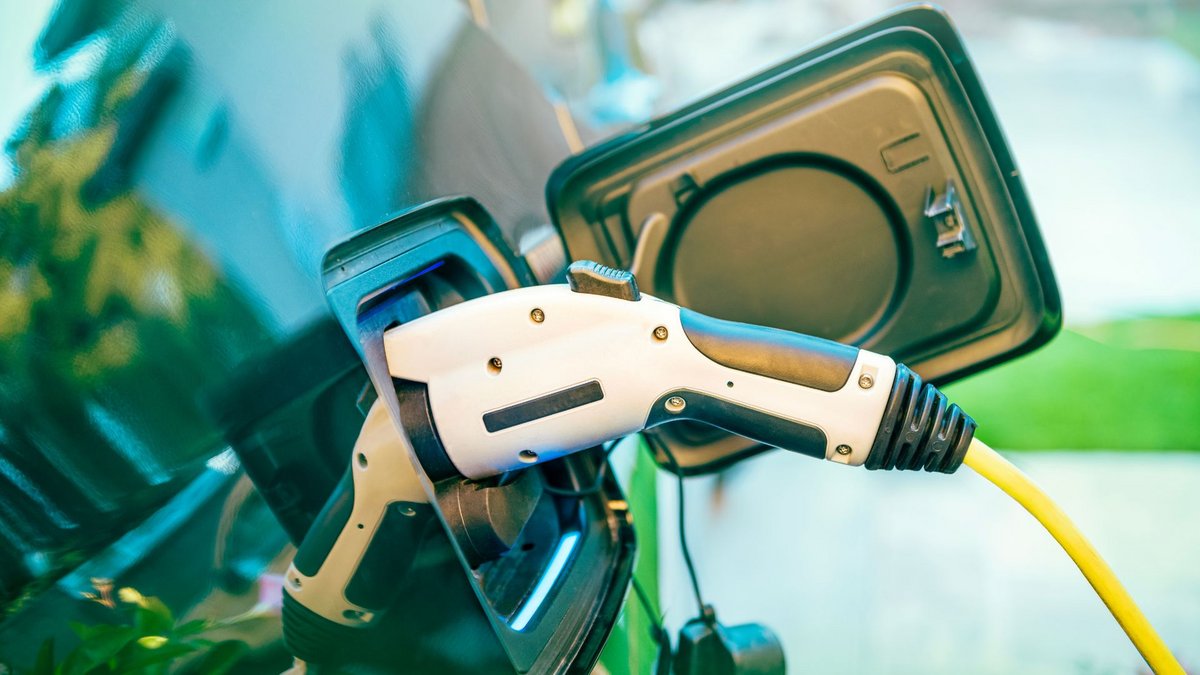
In June 2025, the Ministry of Mines and Energy (MME) launched the Prakas on Principles and Procedures for Governing and Regulating the Development and Provision of Electric Vehicle Charging Services (No. 0389), establishing Cambodia’s framework for the safe, sufficient, and effective development of electric vehicle (EV) charging infrastructure.
Speaking at the consultative launch in December 2024, H.E. Keo Rottanak, Minister of Mines and Energy, highlighted the urgency of decarbonising the transport sector. “There is an urgent need to decarbonise, and a hugely ambitious timescale set to deliver it; this will partly be supported by the adoption of electric vehicles and effective urban planning,” he said. The Minister highlighted the importance of building charging networks, ensuring safety standards, and supporting skilled workforce development to meet Cambodia’s growing EV ambitions.
The Prakas outlines the roles and responsibilities of key institutions in supporting EV adoption:
The MME is responsible for setting policies, issuing permits for the development and operation of EV charging stations, establishing technical and safety standards, and monitoring implementation.
The Electricity Authority of Cambodia (EAC) oversees licensing for charging service providers and sets tariffs for charging services.
Electricité du Cambodge (EDC)/ Licensed Electricity Distributor ensures reliable electricity supply to charging stations, assesses grid capacity, and collaborates on national grid integration.
As stated in Article 1, the Prakas has three main objectives, including:
To promote the development of sufficient, widespread, and rapid deployment of electric vehicle charging infrastructure and to encourage the increased adoption of electric vehicles in the Kingdom of Cambodia, in alignment with the National Policy on the Development of Electric Vehicles.
To govern charging services of the electric vehicle charging stations, ensuring safety, sustainability, efficiency, and affordable tariff.
To govern the safe, stable, and efficient process of electric vehicle’s battery charging.
The Prakas also defines five types of charging stations: Home EV Charging, Semi-Public Charging, in places such as workplaces and schools, Public Charging, and Standalone Stations, accessible to the general public. In addition to licensing and safety provisions, the Prakas includes detailed technical requirements to ensure interoperability and efficient grid integration.
Minister Keo Rottanak emphasised that Cambodia’s EV strategy is also about creating liveable cities and supporting economic growth through local manufacturing and public-private partnerships.
For electricity consumers and businesses interested in establishing EV charging stations, the Prakas sets out clear procedures for permit applications, safety inspections, and compliance with technical standards. These processes aim to reduce regulatory hurdles and accelerate the deployment of charging infrastructure across Cambodia.
To learn more about the application process for EV charging station permits, please see the official procedures here.
- MME
- EV
- EV Charging
- Cambodia